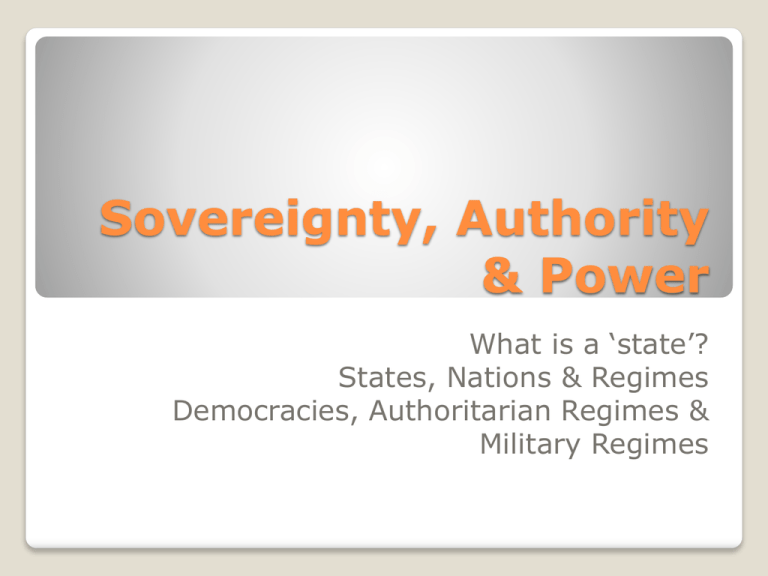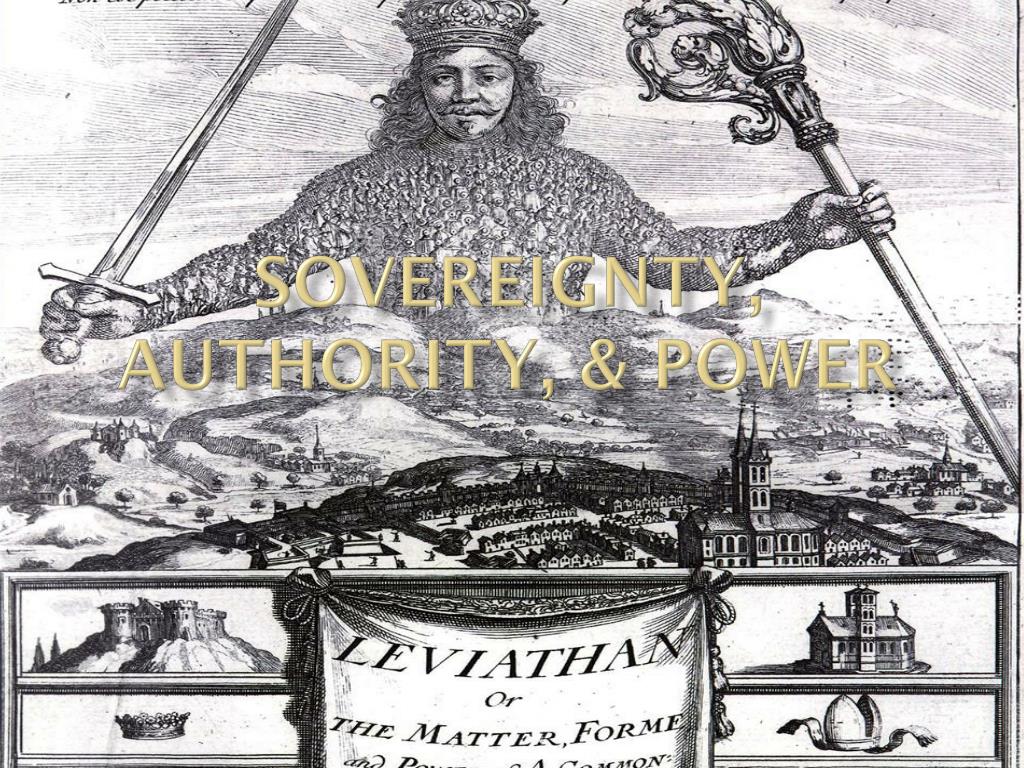Sovereignty, or the utmost authority in decision making and in maintaining, is a concept that lies at the heart of political theory and international relations. It defines the power and autonomy of a state or governing body to rule itself without external interference. In a world where globalization is rapidly reshaping borders and governance, the importance of sovereignty has become more pronounced than ever. Understanding this principle is crucial for deciphering the dynamics of power, control, and self-determination in both historical and contemporary contexts.
Sovereignty is not merely a legal term; it embodies the essence of a nation's identity and its ability to govern its affairs. From the ancient empires of Rome and Persia to modern nation-states, the struggle for sovereignty has been a driving force behind conflicts, treaties, and diplomatic relations. With the advent of international organizations and treaties, the concept has evolved, giving rise to debates about shared sovereignty and the responsibilities of nations to adhere to global standards.
As we delve deeper into the significance of sovereignty, or the utmost authority in decision making and in maintaining, we will explore its various dimensions. This exploration will include historical perspectives, contemporary challenges, and the implications it holds for global governance. Understanding sovereignty is essential for anyone seeking to engage with the complexities of the modern world, where the balance of power is continuously shifting.
What is Sovereignty?
Sovereignty refers to the authority of a state to govern itself and make its own decisions without interference from outside forces. It encompasses both internal governance and external recognition by other states. The two primary types of sovereignty are:
- External Sovereignty: The recognition of a state's independence and right to govern by other states.
- Internal Sovereignty: The authority of a state to exercise control over its territory and population.
How Has the Concept of Sovereignty Evolved Over Time?
Historically, the notion of sovereignty has undergone significant transformations. Key milestones include:
Why is Sovereignty Important for States?
The importance of sovereignty cannot be overstated. Here are several reasons why it is vital for states:
- Self-Determination: Sovereignty allows nations to determine their political, economic, and social systems.
- Security and Stability: A sovereign state can protect its borders and maintain order within its territory.
- International Relations: Sovereignty is essential for diplomatic engagement and treaty-making.
What Challenges Does Sovereignty Face in the Modern World?
In today’s interconnected world, sovereignty faces numerous challenges:
- Globalization: The increasing interdependence of nations may dilute sovereign authority.
- International Law: Treaties and conventions may require states to relinquish some aspects of sovereignty.
- Humanitarian Interventions: The moral obligation to protect human rights can conflict with a state’s sovereignty.
How Do Nations Navigate Sovereignty and Global Cooperation?
Nations often find themselves balancing their sovereign rights with the demands of global cooperation. This balance can be achieved through:
- Multilateral Agreements: Engaging in treaties that respect sovereignty while addressing global issues.
- Participation in International Organizations: Joining bodies like the United Nations to foster dialogue and collaboration.
- Respect for Sovereign Equality: Treating all states as equals in international relations, regardless of size or power.
What Role Does Sovereignty Play in International Conflicts?
Sovereignty is often at the center of international disputes. Key aspects include:
- Territorial Integrity: Conflicts may arise over claims to land and resources.
- Interference in Domestic Affairs: External actors may challenge a state’s sovereignty, leading to tensions.
- Self-Determination Movements: Groups seeking independence may invoke sovereignty to justify their claims.
What is the Future of Sovereignty in a Globalized World?
The future of sovereignty is uncertain amid ongoing globalization and technological advances. Some trends to consider include:
- Increased Collaboration: States may find new ways to cooperate while preserving their sovereignty.
- Emerging Norms: The concept of shared sovereignty may gain traction in response to global challenges.
- Technological Impact: The rise of cyber threats and digital governance may reshape traditional notions of sovereignty.
In conclusion, sovereignty, or the utmost authority in decision making and in maintaining, remains a crucial concept for understanding the dynamics of power and governance in both national and international contexts. As the world continues to evolve, the challenges and implications of sovereignty will undoubtedly shape the future of global relations.



ncG1vNJzZmixn6PAtr7IZqWeq6RjsLC5jq2pnqaUnruogY6spq%2Bdopq2qLrTsmSoql2ptaZ51K2kqKukYq62wMeoqaKsqWK2r3nDnpqiq5mku265wKSgp59dlrulecinZKaZmaPBorXNoqWgZpipuq0%3D